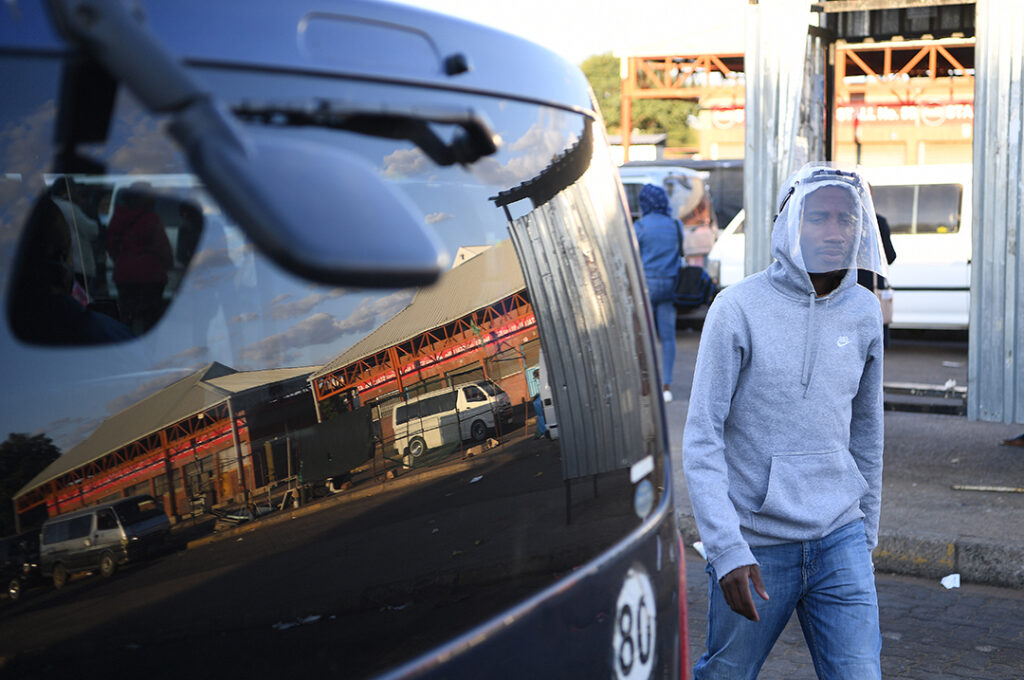ADF STAFF
The U.S. government is contributing an additional $4 million in COVID-19 assistance to Botswana.
The funds are in addition to more than $8.4 million in U.S. relief assistance donated to the country since the pandemic began. A majority of the money is used to strengthen infection prevention, bolster surveillance at border crossings and support planning efforts.
“We will continue to do all we can … to build a world that is safer and more secure against the threat of infectious disease,” U.S. Ambassador to Botswana Craig Cloud said.
In March, a $1.7 million U.S. donation helped build 14 COVID-19 isolation centers in remote and under-resourced areas.
At the time, the U.S. Embassy in Botswana said the Sir Ketumile Masire Teaching Hospital in Gaborone was unable to keep up with demand as the country experienced another wave of infections. The isolation clinics help treat patients closer to their homes and ease the teaching hospital’s burden.
The clinics will continue to treat communicable diseases once the pandemic ends.
The U.S. also has helped publish COVID-19 prevention and management materials for clinics and public spaces, developed content for Botswana’s COVID-19 communications campaign, and hosted webinars for health care workers on COVID mitigation measures and monitoring.
At infectious disease care centers, the U.S. has helped establish triage stations to free up space in waiting rooms for HIV-positive patients seeking COVID-19 care. The U.S. also is establishing a Field Epidemiology Laboratory Training Program to form a team of health workers to catch and control disease outbreaks and prevent them from spreading.
Botswana’s government has mandated wearing masks and promoted social distancing and hand-washing. It also has imposed lockdowns and curfews, placed limits on crowd sizes, and required temperature checks and contact details for entry into any establishment.
When COVID-19 cases soared in late February, Motswana President Mokgweetsi Masisi extended an overnight curfew until the end of March.
A gradual but significant decrease of new infections was reported by mid-August.
“We have also witnessed a significant decrease in hospital admissions with a 70% decline in patients admitted into our COVID-19 treatment facilities,” Masisi said in a televised address, during which he also ended a two-month ban on alcohol sales.
Officials were alarmed, however, when photos and videos shared on social media depicted “blatant disregard for COVID-19 safety protocols by some liquor outlets,” the Ministry of Health said in a news release.
“The country should not revert to the dark days of the last few months, where infections were increasing at an alarming rate, and people’s lives were lost in the process,” Dr. Pamela Smith-Lawrence, acting director of health services said in the release. “Incidents such as those reflected in the videos alluded to undoubtedly expose many more people to the dreadful disease, which can overwhelm the already overstretched health system.”

